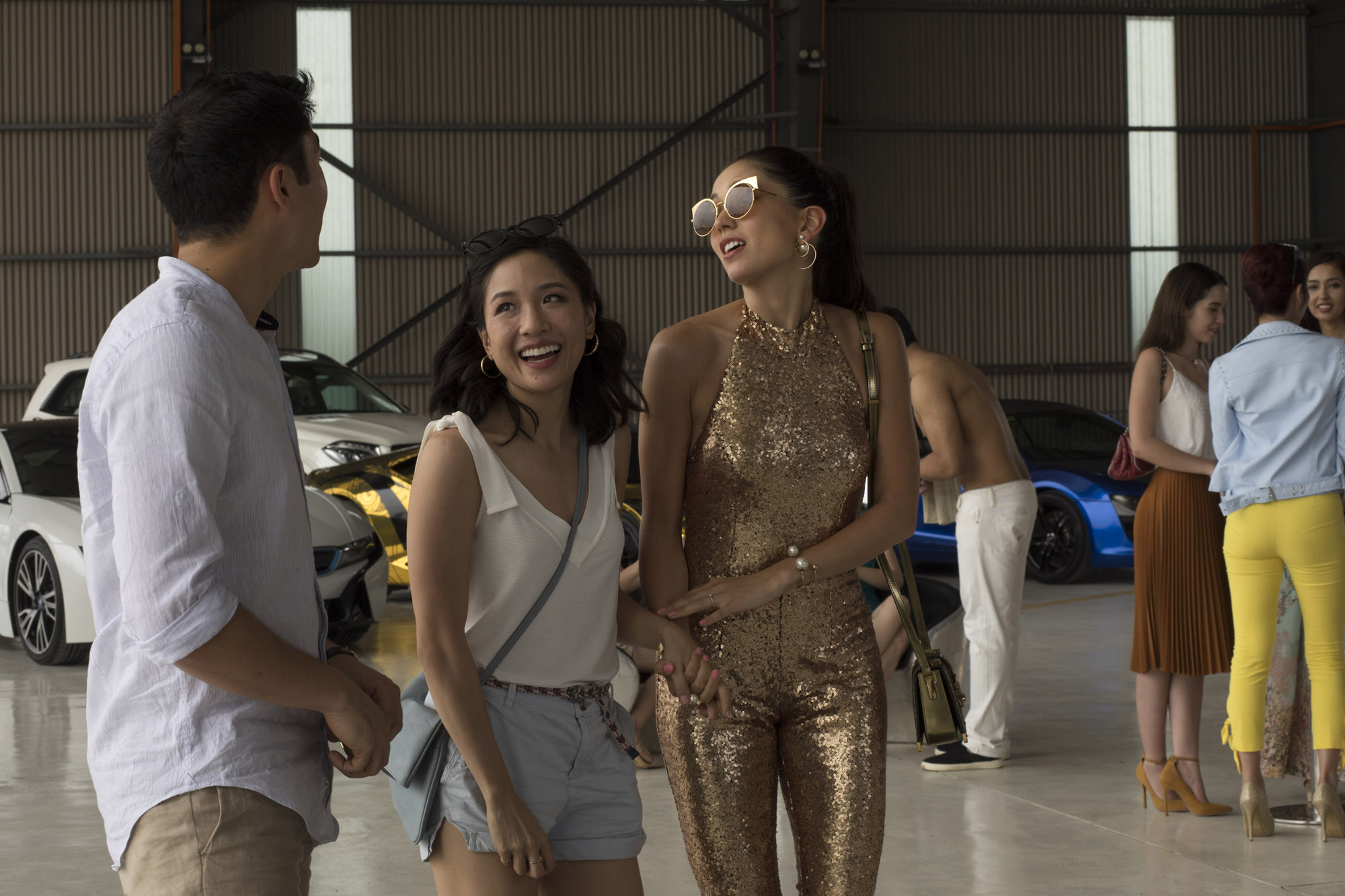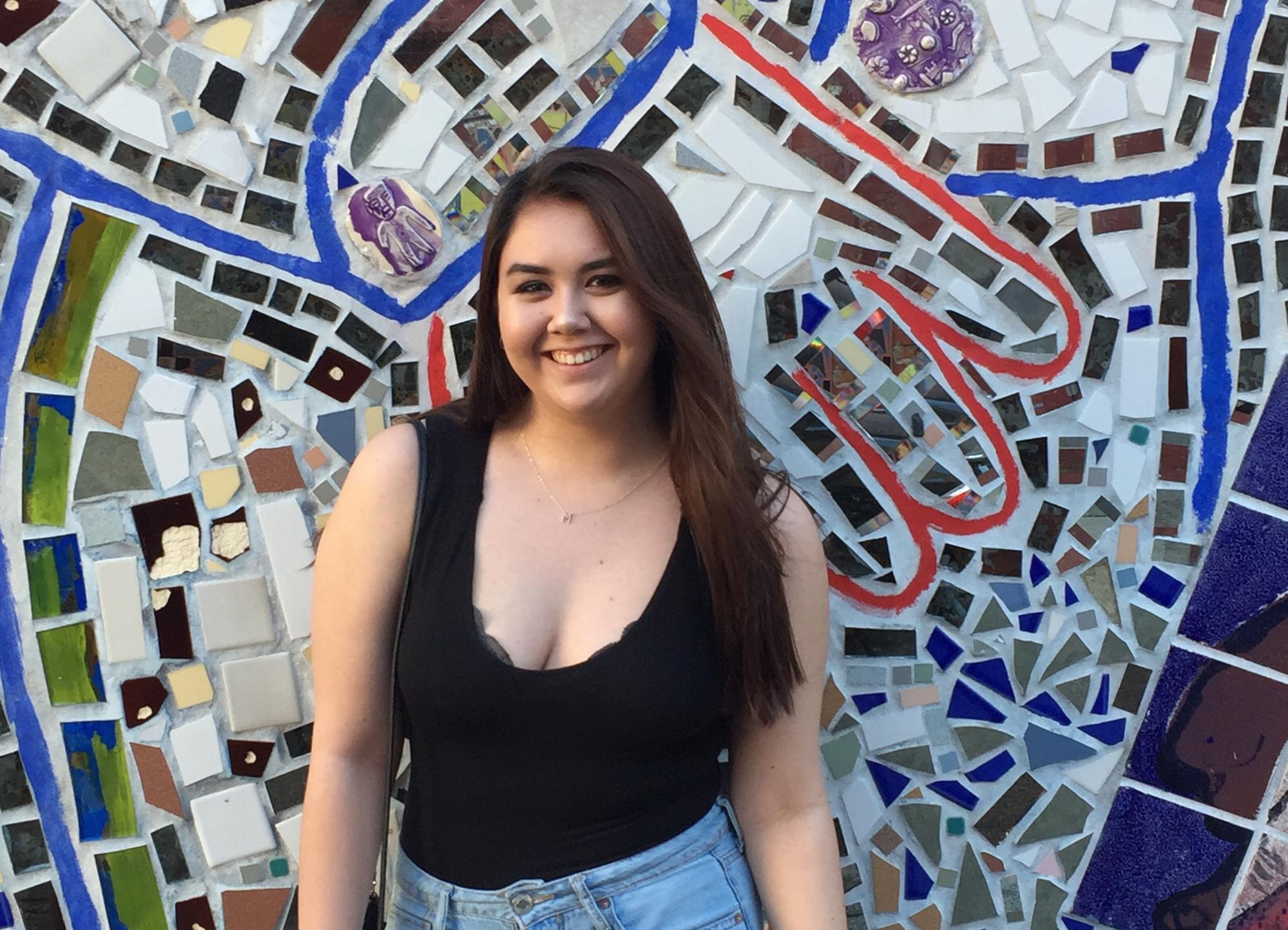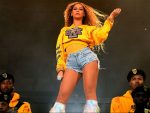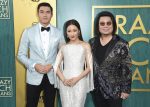“Crazy Rich Asians,” a novel-turned-film revolving around Chinese tradition and insanely wealthy bloodlines, has taken North American media by storm this summer. The movie has maintained an impressive 93 percent on Rotten Tomatoes since its release, but the principles of the Asian-centric flick matter much more than ratings and critics.
Writer Kevin Kwan created the 2013 novel “Crazy Rich Asians” as a bold effort to introduce contemporary Asian customs to North Americans. The novel went on to become a New York Times Bestseller and obtained generally positive reviews, but the storyline didn’t exactly receive wide media praise until its film debut.
Like most book-to-movie adaptations, “Crazy Rich Asians” is truly brought to life on screen. There is a certain glitzy, romantic quality that carries over quite beautifully, which is perhaps due to a combination of set choices and character chemistry.
But it’s not really a question of whether or not the film is an enjoyable blockbuster. The basic factors of the storyline equate to a baseline rom-com, and the rising tensions between Rachel Chu and Nicholas Young’s all-too-traditional family pepper in a fair amount of drama. From a purely narrative perspective, “Crazy Rich Asians” is basically set up for success.
At the same time, it’s probably not the plot that makes this movie such a landmark in Western media. Truthfully, had “Crazy Rich Asians” revolved around a white family instead, I’m nearly positive it would’ve gone straight to DVD.
It’s what “Crazy Rich Asians” stands for that makes it worthy of a milestone description.
Mahjong, Handmade Dumplings and Representation, Oh My
For Asian audiences, a relatively unrepresented minority group in the Western sphere, “Crazy Rich Asians” is relatable. Its relevancy isn’t because of two starkly different families coming together, but more so due to the accuracy of how Asian culture is being represented.
For once, Asian audiences can watch a movie and actually relate to the characters in front of them. Not only are Asian characters being played by, well, Asian actors (here’s looking at you, Emma Stone), but they’re also eating traditional food and performing customary pastimes. It’s a solid and genuine effort brought on by a largely Asian crew as well as the novel’s Asian author.
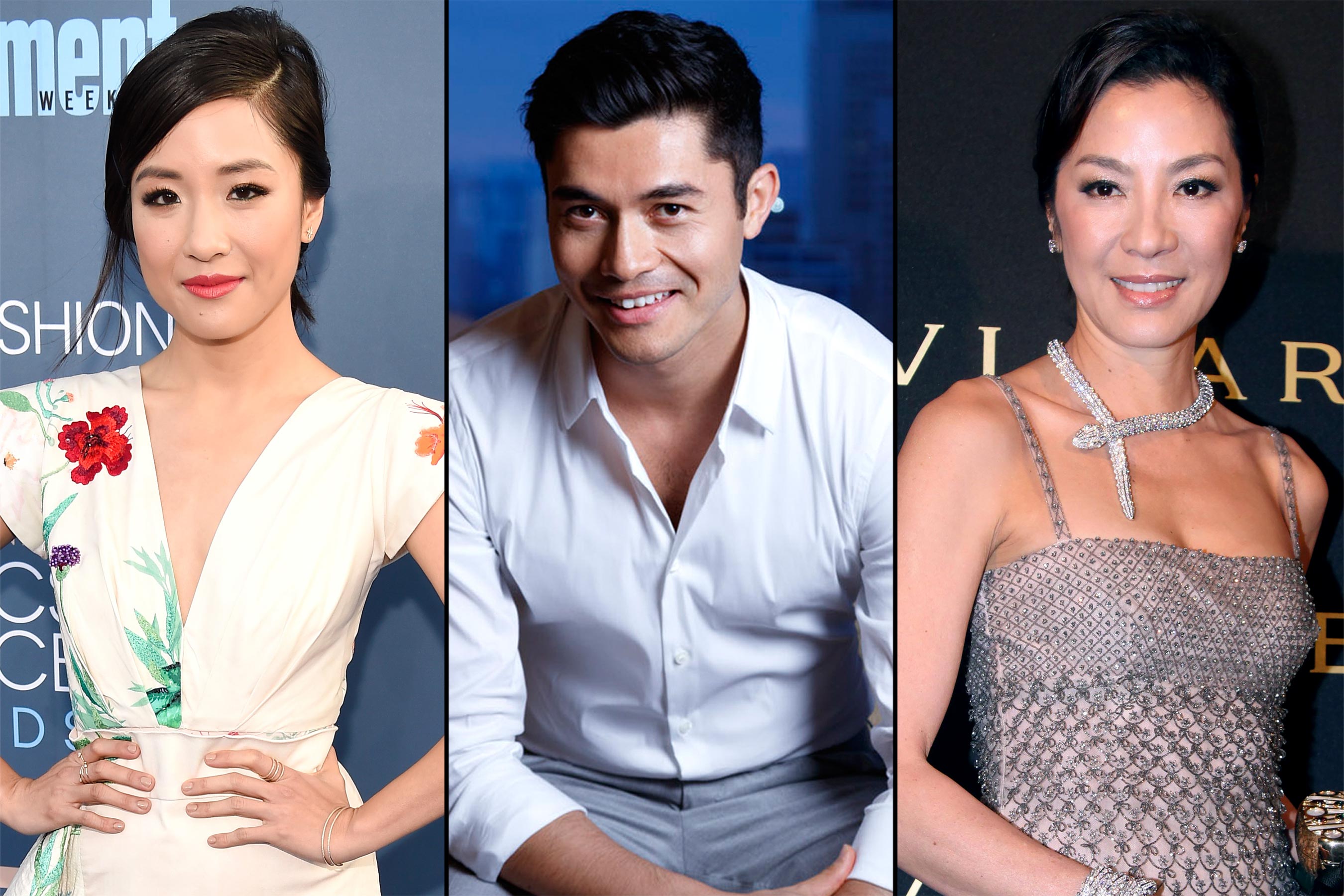
Scenes as simple as when Nick’s grandmother invites Rachel to make dumplings or when Rachel and Eleanor play mahjong together spark excitement from audiences. The book doesn’t force the story’s reliance on Asian culture, mainly because the entire plot revolves around such traditions. In turn, it’s a relief that it incorporates the many nods to Asian culture in a completely organic way, immersing viewers in this part of the world.
In an odd way, maybe candidness is the best part of “Crazy Rich Asians.” When you sit down to watch it, the stiches of Asian tradition are sewn in flawlessly throughout the film, so it doesn’t feel awkward or uncomfortable, much like Long Duk Dong in “Sixteen Candles.”
Not only does “Crazy Rich Asians” avoid any possible sign of stereotypes, but it also makes room for other movies to do the same. Its success inadvertently opens a door for other potential films to integrate Asian culture in the same immaculate manner.
Above anything, the film helps alter the narrative of what it means to be Asian on screen. In Western media, movies have created a cliché (and, at times, offensive) mold of what Asians should be. Characters like I.Y. Yunioshi in “Breakfast at Tiffany’s” or Charlie Chan fashioned a rather complex understanding of Asian representation, but “Crazy Rich Asians” does a decent job of unraveling those typecasts.
As a whole, the movie gently challenges the stereotypes that the media placed upon an entire minority group. There are no martial arts, Jackie Chan references or — thankfully — yellow face. The candid nature of the film takes a stand against the lack of Asian representation in Hollywood without becoming political.
When I was younger I tried so hard to disassociate myself from being Asian. I literally used to wish I was white instead of Vietnamese. Seeing so much love for TATBILB & Crazy Rich Asians is so heartwarming. BE PROUD OF YOUR CULTURE BE PROUD TO BE ASIAN💓Representation matters.
— ashley☁️ (@ashleyoutpaged) August 18, 2018
Instead, it is more of a light-hearted reminder of what proper Asian representation actually means.
Finally, Something Besides “The Joy Luck Club”
It’s a rare occasion for Hollywood to generate a film that gets it as right as “Crazy Rich Asians.” The last time an Asian-centric film received this much attention from North American media outlets was in 1993 with “The Joy Luck Club.”
That means it took 25 years for Hollywood to scrounge up the ability to distribute and promote another “Asian movie.” (Side-note: to be fair, “Mulan” was thrown in there around 1998.) Up until then, Asians were making occasional strides in Western media, but yellow face was making a more memorable imprint on the film industry than anything else.
Simply put, there’s a very limited list of excuses to explain the lack of movies incorporating Asian culture. “Crazy Rich Asians” includes a vast cast and crew of talented Asian individuals, which is perceived as an accomplishment on its own.
https://twitter.com/masoncatt/status/1030924492707483648
But it shouldn’t be a triumph to have a diverse cast. Hollywood shouldn’t be patting itself on the back for creating a film saturated in the diversification it desperately needed. In 2018, a time where race and ethnicity are common topics of conversation, fair representation of all minority groups should be a given. Yet, if anything, the success of “Crazy Rich Asians” should be a blatant sign of why such representation is necessary.
So no, despite controversial Twitter arguments galore, the book adaption is not the Asian community’s “Black Panther.” “Crazy Rich Asians” isn’t anybody’s anything. In terms of vanity, it’s a simple rom-com drama about some wildly wealthy folks. Look a bit deeper, and it’s a mere stride in the right direction that should shine a light on the importance of diversification.
At the very least, let “Crazy Rich Asians” be a reason to create another movie with an all Asian cast before another 25 years goes by.


